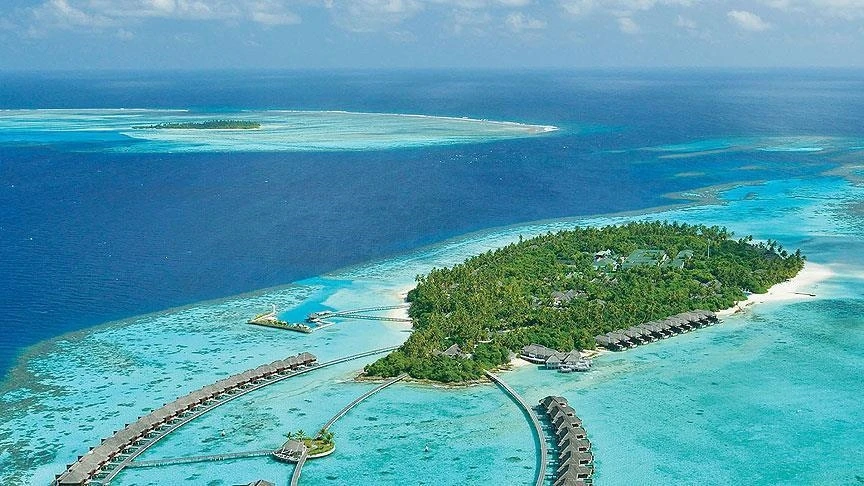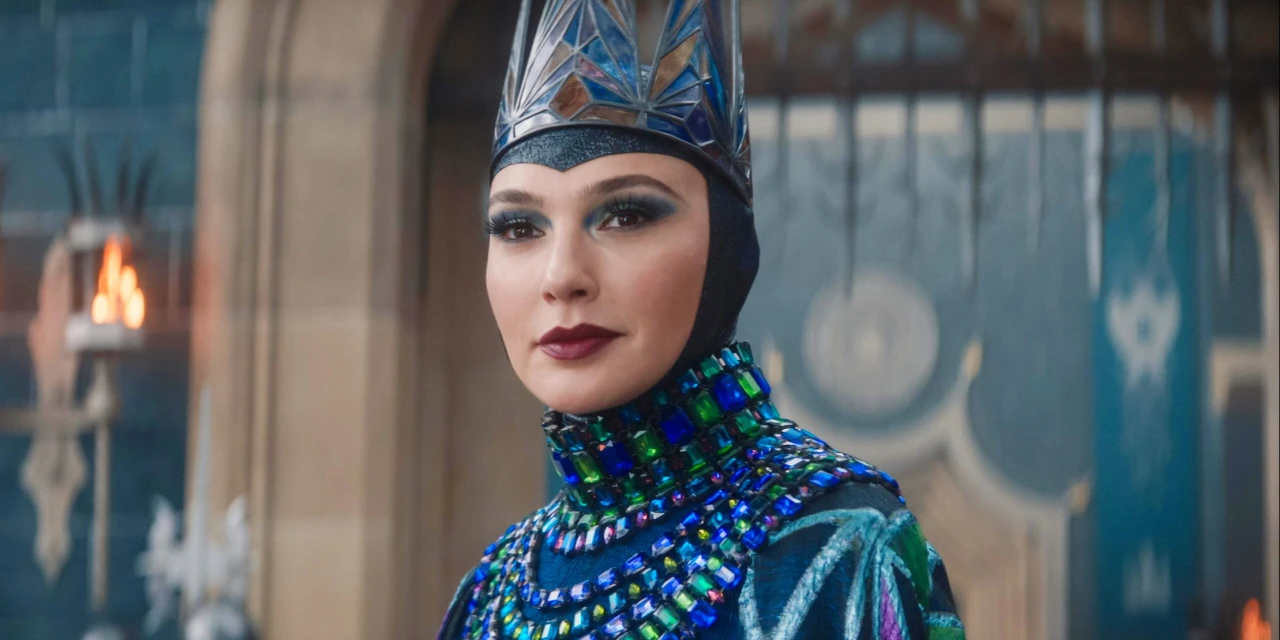Hezbollah officially confirms death of leader Hassan Nasrallah
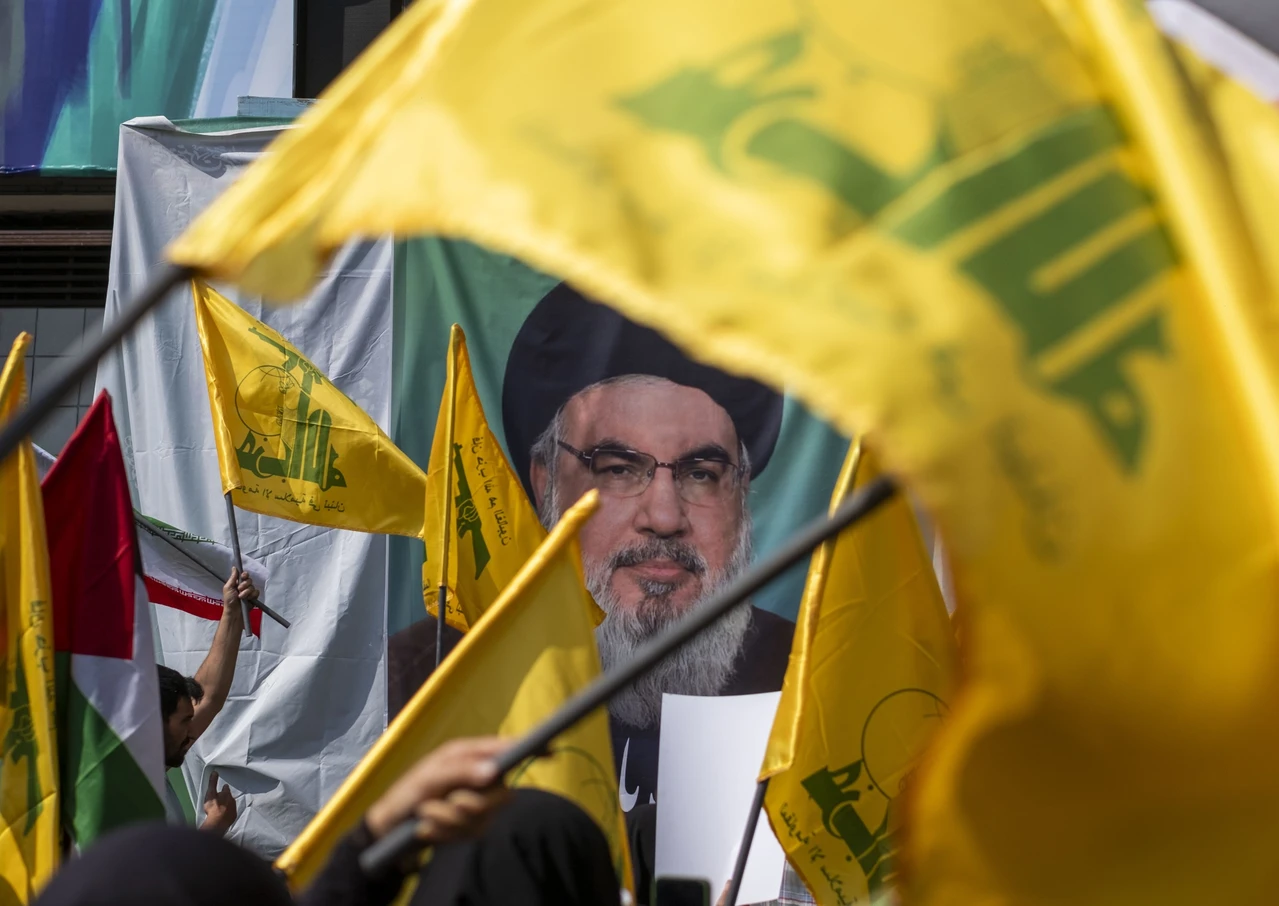 A portrait of Hassan Nasrallah. (AP Photo)
A portrait of Hassan Nasrallah. (AP Photo)
Hezbollah confirmed on Saturday that its leader, Hassan Nasrallah, was killed in an Israeli airstrike in Beirut the day before, marking a major setback for the Iran-backed group.
The Israeli military claimed responsibility for the strike, saying it targeted Hezbollah’s underground command center in the southern suburb of Dahiyeh.
Israel officially also confirmed Nasrallah’s death in the early hours of Saturday.
Nasrallah’s death is considered a devastating blow to Hezbollah, as the group faces intensified Israeli military operations.
His death also represents a significant loss for Iran, where he played a key role in the Tehran-backed “Axis of Resistance” across the region. Also Iran Revolutionary Guards deputy commander Abbas Nilforoushan is killed in Israeli attacks in Beirut, according to Iranian media.
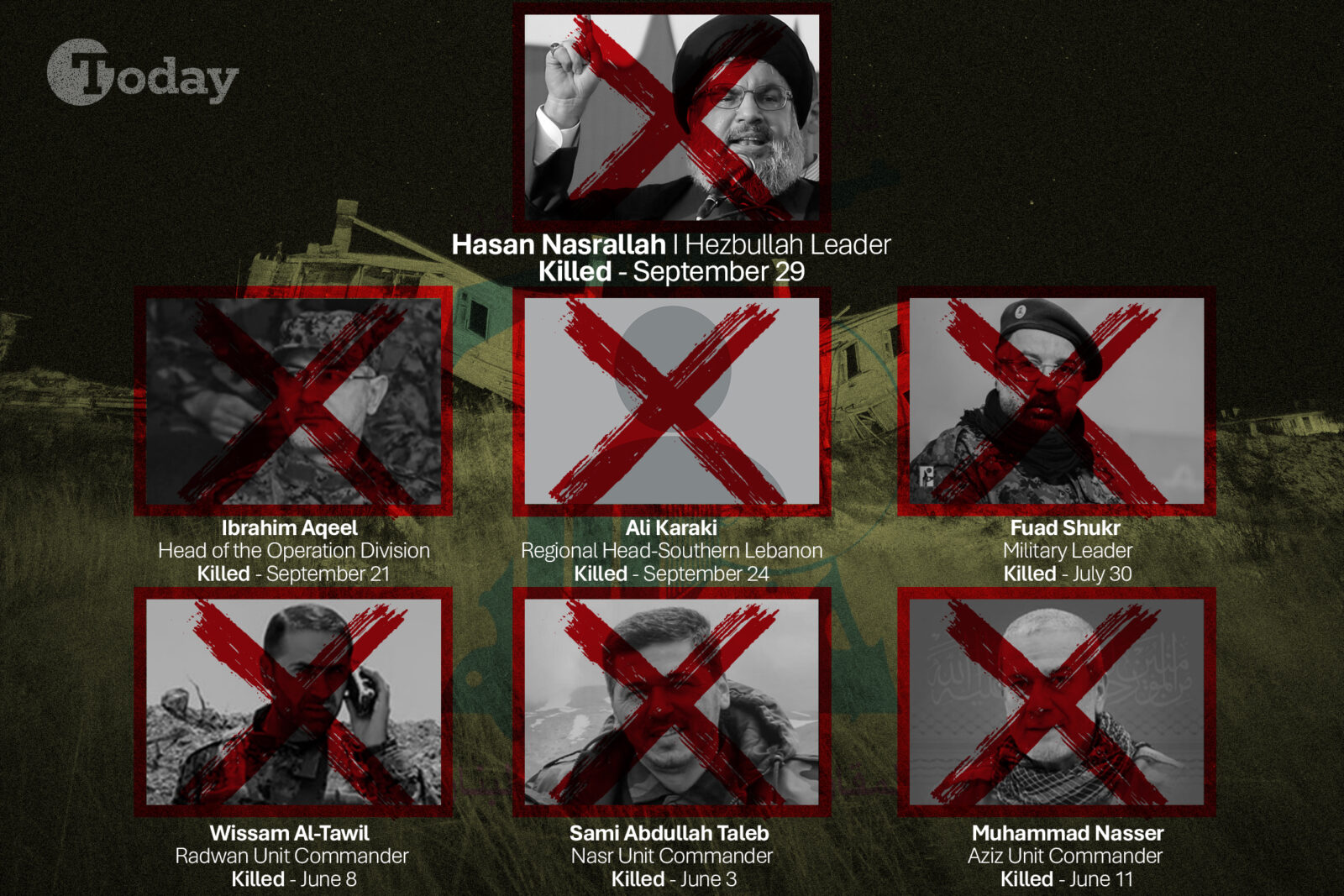
Israeli airstrike targets Hezbollah leadership
The Israeli military stated that Nasrallah was killed in a “targeted strike” on Friday, along with senior Hezbollah commander Ali Karaki and other top leaders.
“The strike was conducted while Hezbollah’s senior chain of command were operating from the headquarters and advancing terrorist activities against the citizens of the State of Israel,” the Israeli military said in a statement.
The powerful airstrike on Dahiyeh left a crater estimated to be 20 meters (65 feet) deep, according to a Lebanese security source.
The blast was part of a series of airstrikes that shook the city, forcing many residents of Dahiyeh to flee to downtown Beirut and other areas for safety.
A statement released afterward read that Israel officially confirmed Hezbollah chief Hassan Nasrallah’s death. Israel Defense Forces (IDF) declared: “Nasrallah will no longer be able to terrorize the world.”
Hezbollah vows continued resistance
In response to Nasrallah’s death, Hezbollah released a statement reaffirming its commitment to its battle against Israel.
“In support of Gaza and Palestine, and in defense of Lebanon and its steadfast and honorable people,” Hezbollah declared, without providing specific details on how Nasrallah was killed.
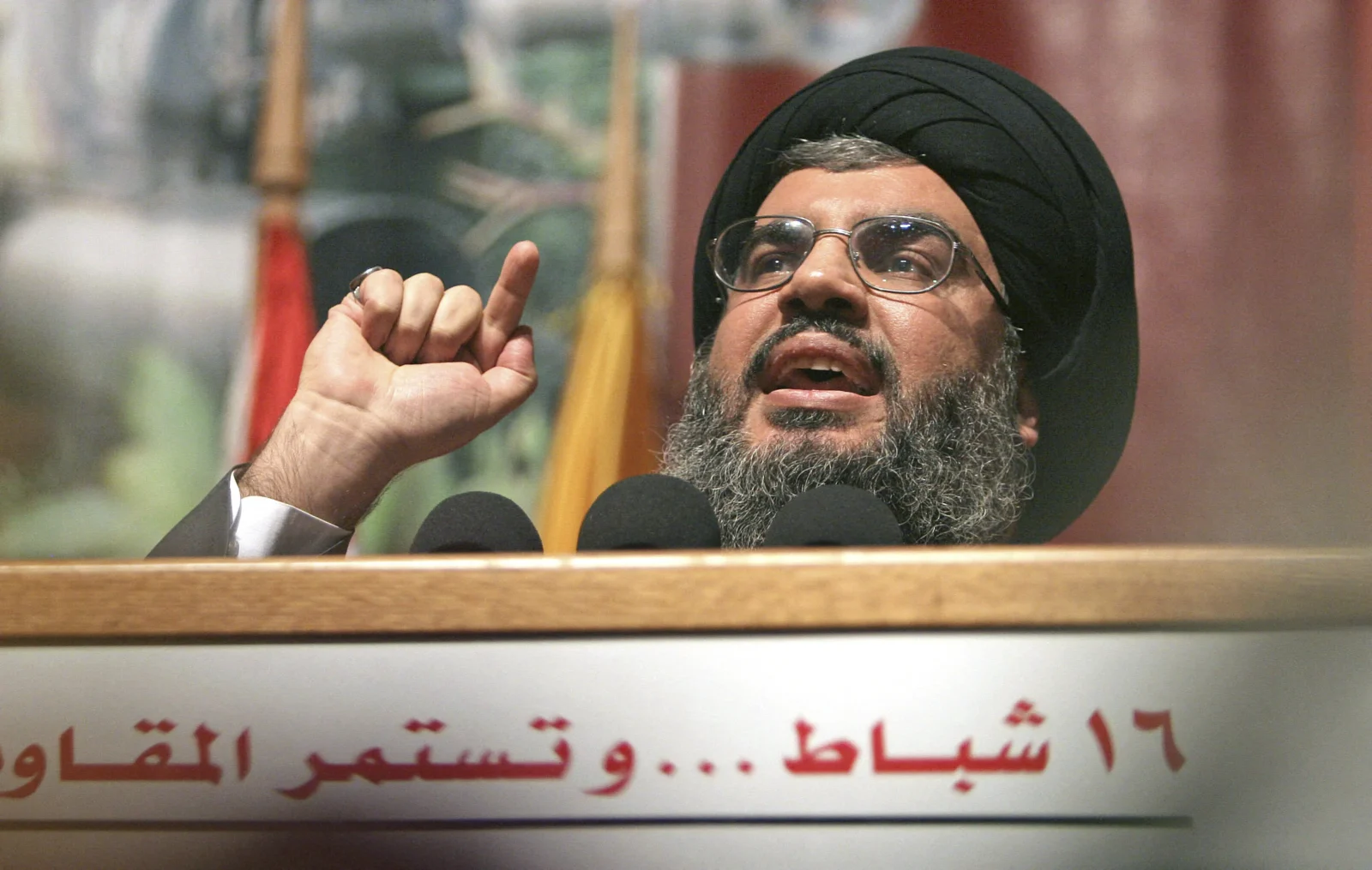
Iranian leader responds
Iran’s Supreme Leader Ayatollah Ali Khamenei, a close ally of Nasrallah, “All the Resistance forces in the region stand with and support Hezbollah.” Khamenei said on X (formerly known as Twitter).
Who is Hassan Nasrallah?
Nasrallah, Secretary General of Hezbollah, was born on August 31, 1960, in Beirut. His family, originally from Tyre, moved to Beirut for work, but they returned to their village during Lebanon’s civil war in 1975. Nasrallah, then 15, joined the Shiite Amal Movement.
After studying in Shiite religious centers in Iraq and Iran, he returned to Lebanon and joined Hezbollah following Israel’s 1982 invasion.
In 1992, after the assassination of Abbas Musawi, Nasrallah became Hezbollah’s leader.
Under his leadership, Hezbollah played a key role in ending Israel’s occupation of southern Lebanon in 2000 and during the 2006 Israel-Lebanon war, boosting Nasrallah’s stature in the region.
His involvement in prisoner exchanges with Israel further solidified his reputation.
Nasrallah’s popularity waned after Hezbollah backed the Assad regime during Syria’s civil war, leading to widespread criticism.
Despite this, his support for Palestinian resistance, including opening a front against Israel during the Gaza conflict in 2023, has kept him a prominent figure in regional politics.
